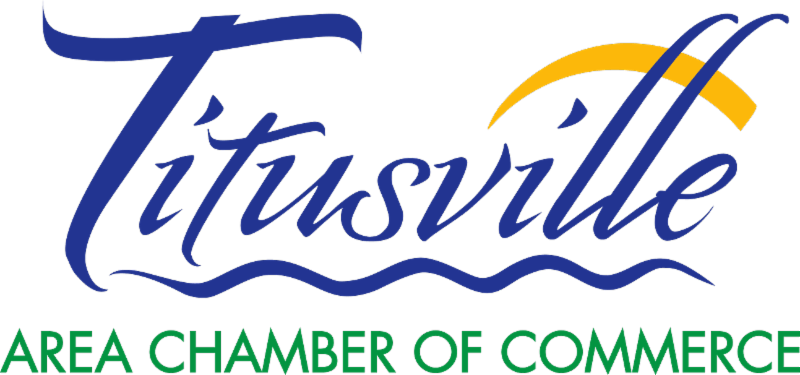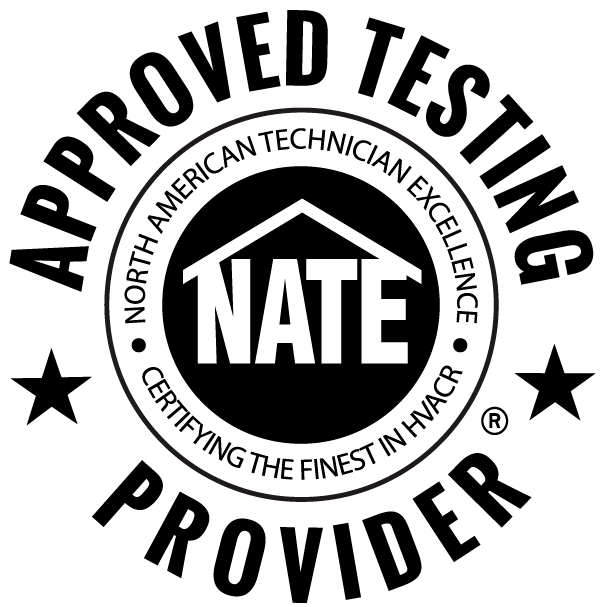Florida summers consist of scattered showers and unbearable heat. While a properly working air conditioner can solve one of those problems, is it safe to have it running during the other? Rain is inevitable, but sometimes summer storms are here and gone before you even realize they’ve occurred. Are you supposed to protect your outdoor unit from rain? How does rain impact your HVAC system, and what happens during hurricanes?
How Does Rain Affect Your Air Conditioner?
How your unit is affected by weather is dependent on the type of weather your home is experiencing. Normal rain showers that have a tendency to come and go in the Florida summer months are typically safe for your indoor and — more importantly — outdoor unit. The outdoor — also known as condenser — unit lives on a cement slab that raises it off the ground and is made by components that won’t rust or deteriorate from moisture. In some cases, rain can actually help you maintain your condenser unit by washing away dirt or dust that have collected on the coils.
Storms that involve thunder and lightning produce greater risks for your systems because lightning can strike your HVAC unit and cause damage to its components. The most common part to break is the outdoor unit’s compressor, which becomes damaged when lightning causes a power surge in your home.
Hurricanes are a common occurrence in Florida – especially during peak season in September. They typically bring flooding, strong winds, and debris damage to your condenser unit. The cement slab should help your unit stay dry from floodwaters, but what can you do about strong wind and debris?
How Can You Protect Your AC Unit During Heavy Storms?
Whether heavy storms with thunder and lightning are rolling through, or a hurricane is making its way toward your home, you should follow these steps to keep your indoor and — more importantly — outdoor unit protected:
1. Turn off your AC unit.
Even when your AC unit is turned off at the thermostat, you’ll still have electricity going to your unit. Shut off your AC at the control panel to ensure no electricity is still running to your HVAC system.
2. Cover your outdoor unit during a hurricane.
Typically, you would never want to cover your outdoor unit. But, during a hurricane, it’s necessary to protect the condenser from flying debris. Using plywood or other strong materials, create a cover for your outdoor unit so that no debris — including sticks, building materials, or other hard objects — can dent or damage it.
3. Inspect your outdoor unit after the weather subsides.
After the weather has cleared up, go outside and inspect your condenser. Remove any covering and check your unit to see if any debris has gotten wedged into your fan or other parts of the unit. Make sure you remove any hurricane covering before you use the control panel to turn back on your AC unit.
AC Service in Brevard County
At Colman, we can help you recover from inclement weather with routine maintenance checks as well as troubleshoot air conditioning issues. We also have a 24/7 AC emergency line. Call us if you need assistance ASAP, or need to schedule routine HVAC maintenance.
24-HR Emergency Service: (321) 269-4565







Leave a Reply